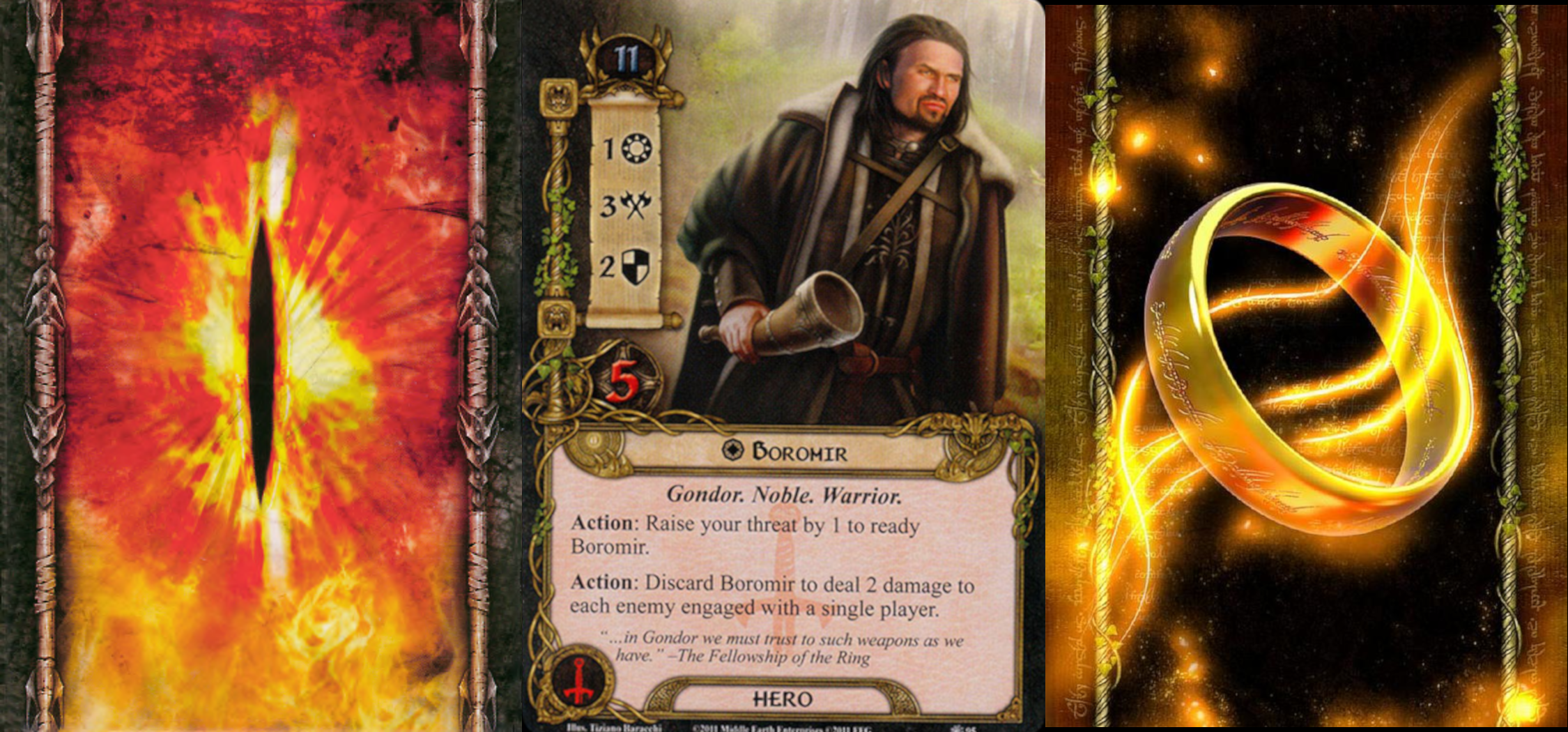The Living Card Game as Formulaic Epic, part 3: Scenario Advancement
The analogy is imperfect, but if we compare that difference in progression style between the epics to the different kinds of scenario deck(s) in the LCGs, and the difference among books (really, more properly, oimai [‘threads’]) within the epics to the different mechanics in each game among differing scenarios, the broad shape of a comparison begins to appear. Continue Reading


